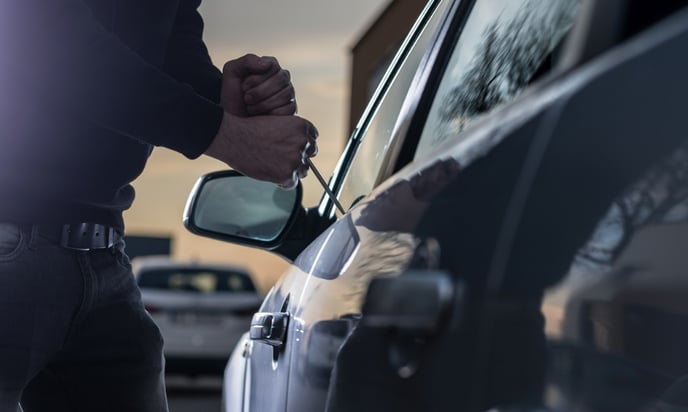

Major cities across the US have seen an “unprecedented” surge in auto thefts and carjackings in recent years, the National Insurance Crime Bureau (NICB) has warned.
Testifying before a US Senate Committee on the issue of car thefts, NICB president and CEO David Glawe spoke not only of the rise in auto theft cases, but also discussed the apparent connection between car stealing and other serious violent crimes.
According to the NICB, car thefts nationwide increased by 16.5% in 2021 compared to 2019, and nearly 29% compared to 2017. State-wise, certain jurisdictions such as Colorado and Wisconsin posted 79% and 74% more auto theft incidents in 2021 than in 2019, respectively.
When the national auto theft data was broken down by municipality, the results were even more eye-opening; NICB found that many large cities have experienced triple-digit increases in carjackings over the past two years. Cities with the largest increases in carjacking between 2019 and 2021 include:
Carjacking, as defined by the NICB, involves “violent confrontation with an offender or the perceived threat of violence that could cause death or serious bodily injury.”
"Vehicle theft and carjackings are serious offenses that warrant the attention of public officials and policymakers," said Glawe, who is a former Undersecretary and Chief Intelligence Officer at the Department of Homeland Security. "The victims of thefts and carjackings are deserving of being vindicated and seeing that justice is served. And offenders should be held accountable for putting victims and their communities in harm's way."
In his testimony, Glawe also mentioned how the NICB works closely with federal and local law enforcement to resolve auto theft cases, and made several policy recommendations to legislators for them to address the issue. Policies he recommended include increasing the number of community policing programs; revamping criminal justice reform policies; enforcing existing laws as written; focusing more attention on violent offenders; collecting national and state data on carjackings; and identifying and implementing successful early intervention programs.
"Many cities have cut police forces or slashed department funding in recent years," said Glawe. "Drastically reducing police presence in communities across the country is not the answer. Whether through the federal COPS program or other measures, we need more community policing, not less."
